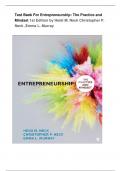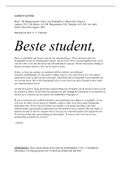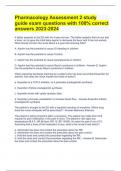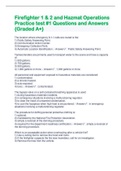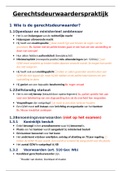Examen
Test Bank For Entrepreneurship: The Practice and Mindset 1st Edition by Heidi M. Neck Christopher P. Neck ,Emma L. Murray
- Grado
- Institución
Test Bank For Entrepreneurship: The Practice and Mindset 1st Edition by Heidi M. Neck Christopher P. Neck ,Emma L. Murray Chapter 1: Entrepreneurship: A Global Social MovementTest Bank Multiple Choice 1. The authors define entrepreneurship as . a. a discipline that seeks to understand how ...
[Mostrar más]
